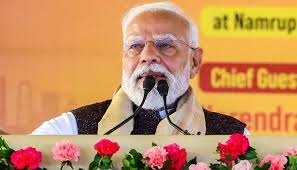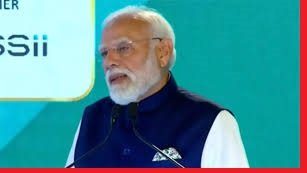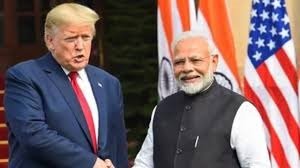The RBI Governor further said that stable exchange rate is a beacon of financial and overall macroeconomic stability and market confidence.
The world has lately been confronted with one crisis after another, however, economic activity in India remains stable, said Reserve Bank of India (RBI) Governor Shaktikanta Das while presenting the Monetary Policy report.
Elaborating on the threats to the global economy with repercussions on the domestic economy, he said, “In the last two and a half years, the world has witnessed two major shocks, the COVID 19 pandemic and the conflict in Ukraine. These shocks have produced a profound impact on the global economy. Now, we are in the midst of a third major shock, a storm arising from aggressive monetary policy actions, especially from advanced country central banks. The necessity of such actions is driven by their domestic considerations, but in a highly integrated global financial system, they inevitably cause negative externalities through spill overs. The recent rate hikes and forward guidance about further big rate hikes have caused a tightening of financial conditions, extreme volatility and risk aversion,” Das said.
He further said all segments of the financial market, including equity, bond and currency markets, are in turmoil across countries. “There is nervousness in financial markets with potential consequences for the real economy and financial stability. The global economy is indeed in the eye of a new storm. Despite this unsettling global environment, the Indian economy continues to be resilient. There is macroeconomic stability, the financial system remains intact with improved parameters,” he added.
Also Read: Govt commits Rs. 7,385 cr under Fund of Funds for Startup India Investment for 88 AIFs
The RBI Governor further said that stable exchange rate is a beacon of financial and overall macroeconomic stability and market confidence. “Depite the d turmoil in currency markets across the world, The movement of the Indian rupee has however, been orderly compared to most other countries,” he said.
Asserting that the rupee remains a ‘freely floating currency’ whose exchange rate is market determined, he added the Reserve Bank does not have any fixed exchange rate in mind. The Central Bank intervenes in the market to curb excess volatility and maintaining macroeconomic stability expectations, he pointed out.
“Our actions have helped in encouraging investor confidence as reflected in the return of capital flows since July over the medium term. The primacy of price stability embedded in our flexible inflation targeting framework provides the anchor for exchange rate stability. In a policy tightening cycle, it is arduous to provide consistent forward guidance, particularly in a highly uncertain environment,” he said, adding that the goverment’s actions will be calibrated to the incoming data and the evolving scenario without being constrained by any textbook approach to policymaking. (Economic Times)













